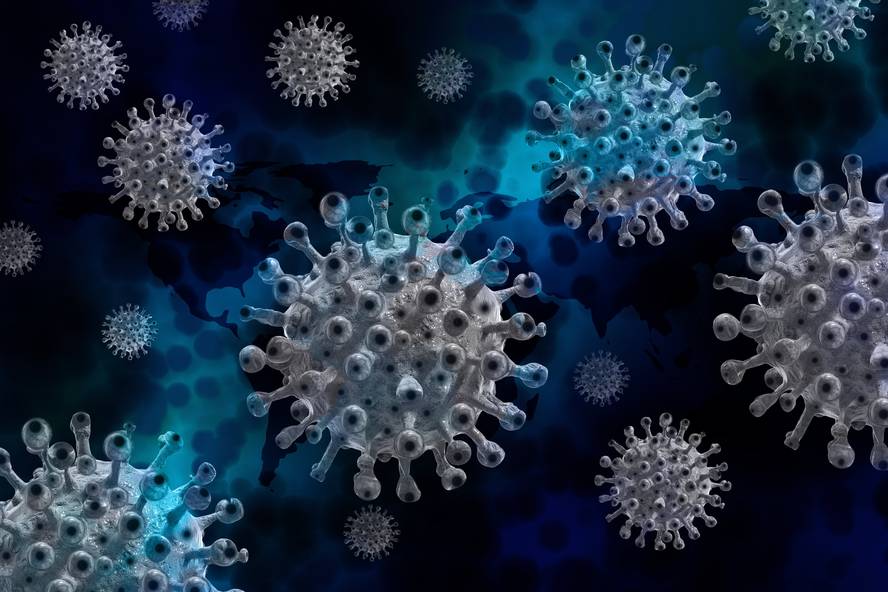Published results of intentionally infected with S? -CoV2
Shortly after the World Health Organization declared the status of the pandemic, British researchers proposed to conduct a special experiment: the intentional infection of healthy volunteers with the SBRA-CoV-2 virus to learn about the evolution and draw conclusions. The proposal moved forward and the interim results have now been published.
The main conclusions are: few viruses are sufficient to become infected (less than those found in a respiratory drip of an infected person); the incubation period is four days; many cases are asymptomatic; the viral load is elevated, even asymptomatic; it replicates initially in the throat and then in the nose; and the antigen tests match the viral load.
On the other hand, some volunteers who did not become infected (did not create antibodies) found viruses, collecting a very small viral load. This means that some people's immune system is able to control the virus.
Among the infected, most felt mild, superior symptoms of the respiratory system, with loss of smell being the most characteristic symptom. In general, although the symptoms disappeared quickly, the smell lasted longer (in one of the volunteers, for months).
They warn that although the antigen tests match the viral load, at the beginning of the infection they do not. Therefore, direct contacts of an infected person should be careful, even if negative, for at least the first 24 hours. On the other hand, the infected eliminated the virus for an average of six and a half days.
The experiment was performed with the alpha variant, that is, with the first variant that spread. It is therefore possible that the current variants act differently. Also, of course, all volunteers were young and healthy. However, the experiment raised ethical doubts.






